Zip line operator targeted over two words in viral video of tourist unaware of terrorist attack
A longer version of a chilling video of a man smiling on a zip line has revealed details that has sparked a debate across the world.
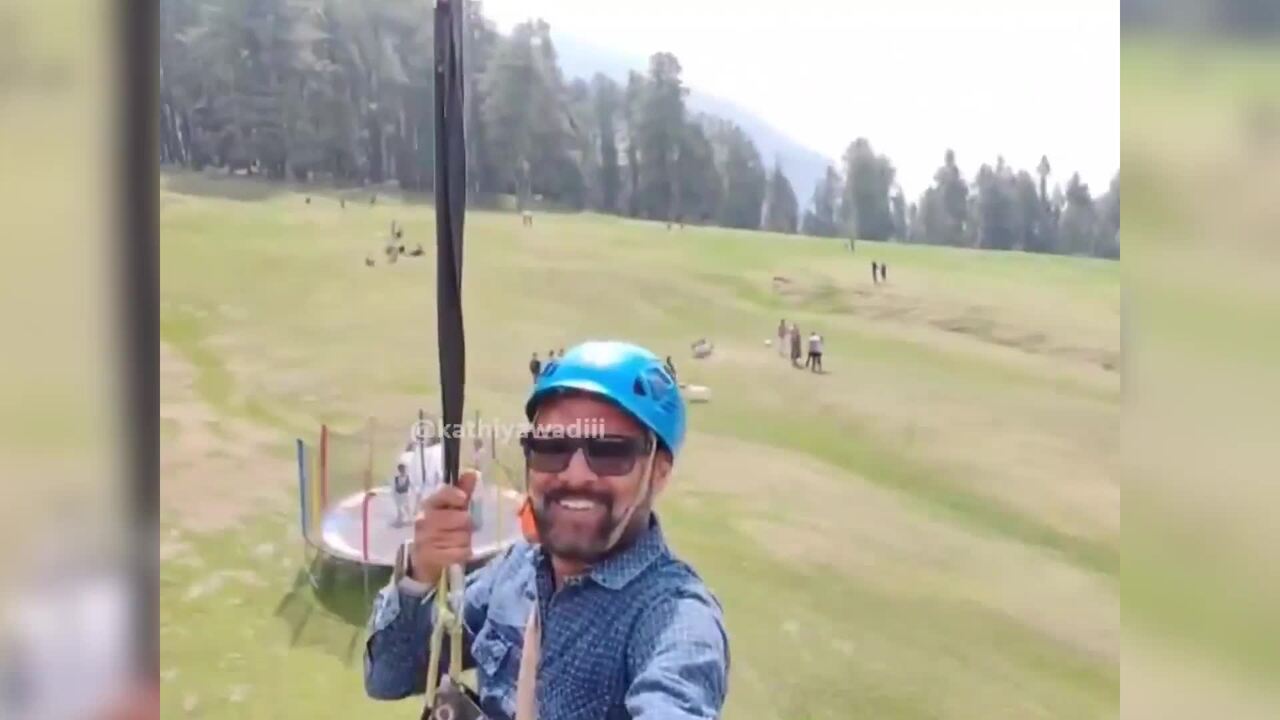
A longer version of a chilling video of a man smiling on a zip line during a horrific terror attack has revealed details that has sparked a debate across the world.
At least 26 men were killed at Pahalgam in the Indian-administered Kashmir region last week. India accused Pakistan of backing the attack, which it denied, and relations between the countries have plummeted.
Witnesses said militants came out of the trees at a meadow and started firing.
In the zip line video, a tourist filmed himself oblivious to the terror unfolding below and as gunshots were heard in the background. (Watch in the video player above).
The clip quickly went viral and made global headlines.
A longer version of the video then emerged, with the zip line operator accused of chanting “Allahu Akbar” before pushing the tourist off from the platform.
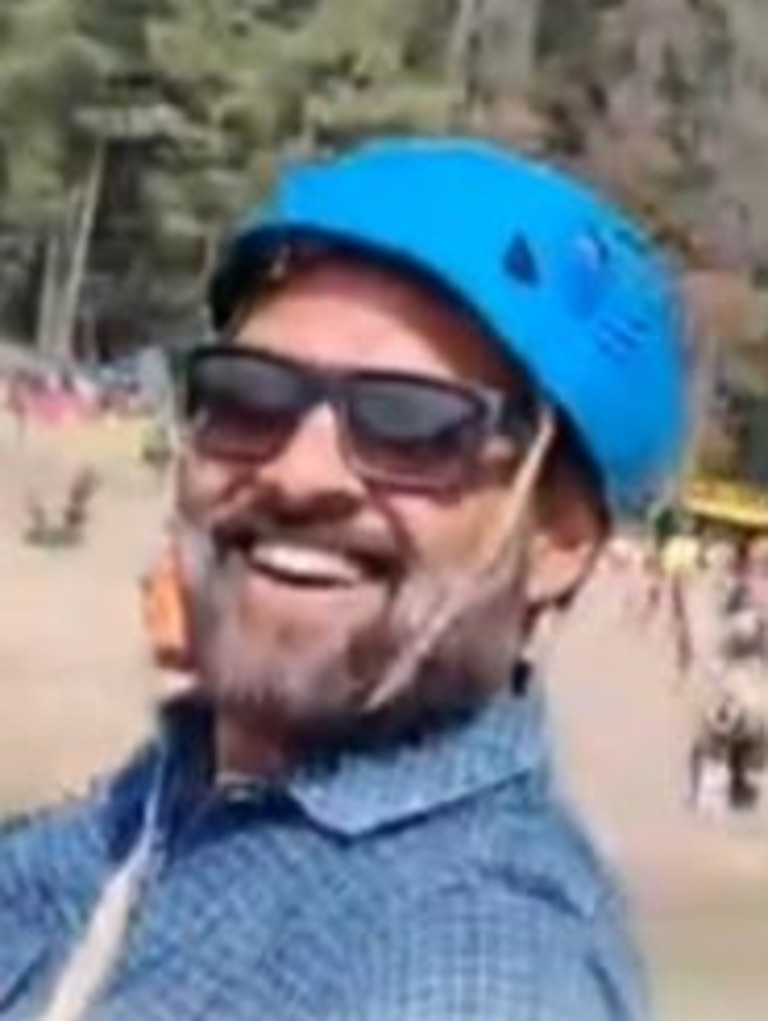
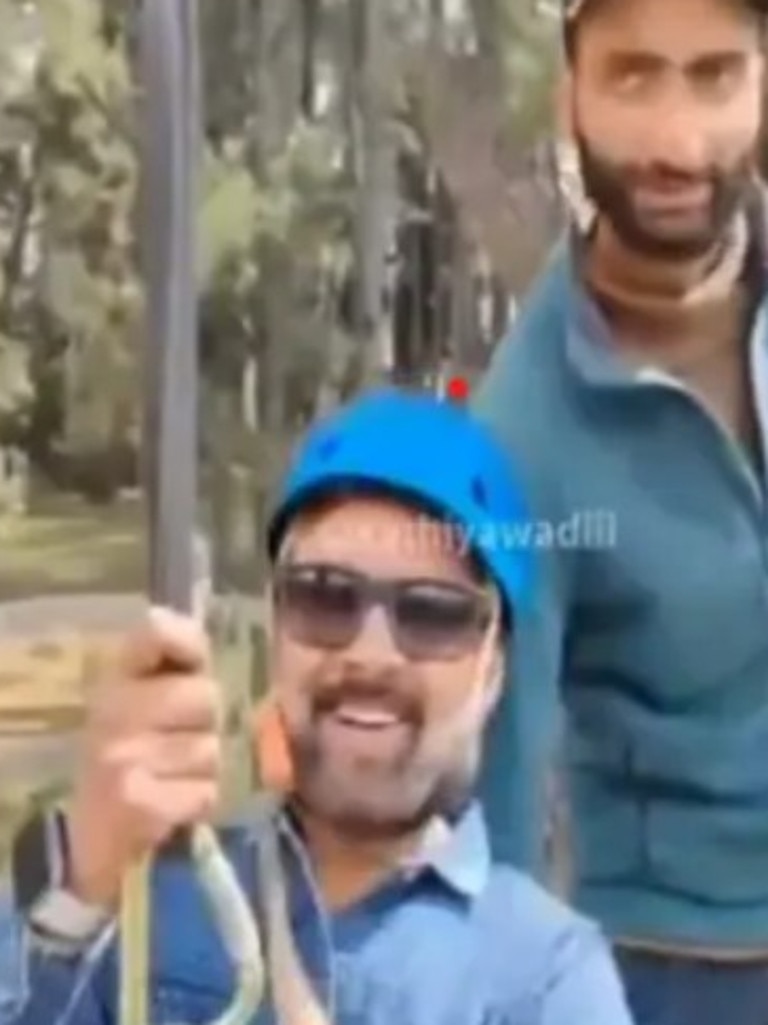
Allahu Akbar is an Arabic phrase meaning “God is the greatest” and is commonly used by Muslims.
Its use here has drawn particular attention because some victims’ family members have claimed they were told to recite Islamic verses during the attack and when they did not, they were shot.
One Indian politician, Congress MP Pramod Tiwar, called for an investigation into the video, while another Indian politician, Jammu and Kashmir People’s Democratic Party (JKPDP) leader Mehbooba Mufti, said action should be taken against those spreading hate on social media.
As translated and quoted by Asian News International, Ms Mufti explained “Allahu Akbar” was said by Muslims during any difficulty, like “Jai Shree Ram” is a common expression said by Hindus.
The family of the zip line operator, identified as Muzamil, also defended his words to Indian media, insisting he was not involved in the attack.
Abdul Aziz, Muzamil’s father, told NDTV his son was “very scared, he started crying” after the attack and was now speaking with police.
“Even if the storm comes, we say Allahu Akbar. What fault do we have in this? Muzamil used to work only with the zip line; he didn’t do any other work,” Mr Aziz said.

The tourist on the zip line was identified as Rishi Bhatt from Ahmedabad, a city in western India.
Towards the end of the recording, as the ride comes to an end and he moves closer to the ground, a tourist is seen falling down presumably after sustaining a bullet injury.
Mr Bhatt told Asian News International as soon as he realised what was unfolding, he quickly unclipped himself from the zip line harness, found his wife and son and started running.
“We saw people hiding at a spot which was like a pit, so they could not be spotted easily,” he said.
“We hid there too. When the firing stopped a little after 8-10 minutes, we started running toward the main gate … The firing resumed and four to five people were shot. Around 15-16 tourists were shot in front of us. When we reached the gate, we saw the local residents had already left. One pony guide helped us to leave the place.”

‘Pursue them to the ends of the Earth’
Relations have plummeted between India and Pakistan since the attack on April 22. Both countries have since exchanged gunfire in Kashmir and diplomatic barbs, as well as expelled citizens and ordered the main land border crossing shut.
Last week, Indian Prime Minister Narendra Modi vowed to pursue those who carried out the attack in the tourist hotspot, and those who had supported it.
“I say to the whole world: India will identify, track and punish every terrorist and their backer,” he said on Thursday.
“We will pursue them to the ends of the Earth”.
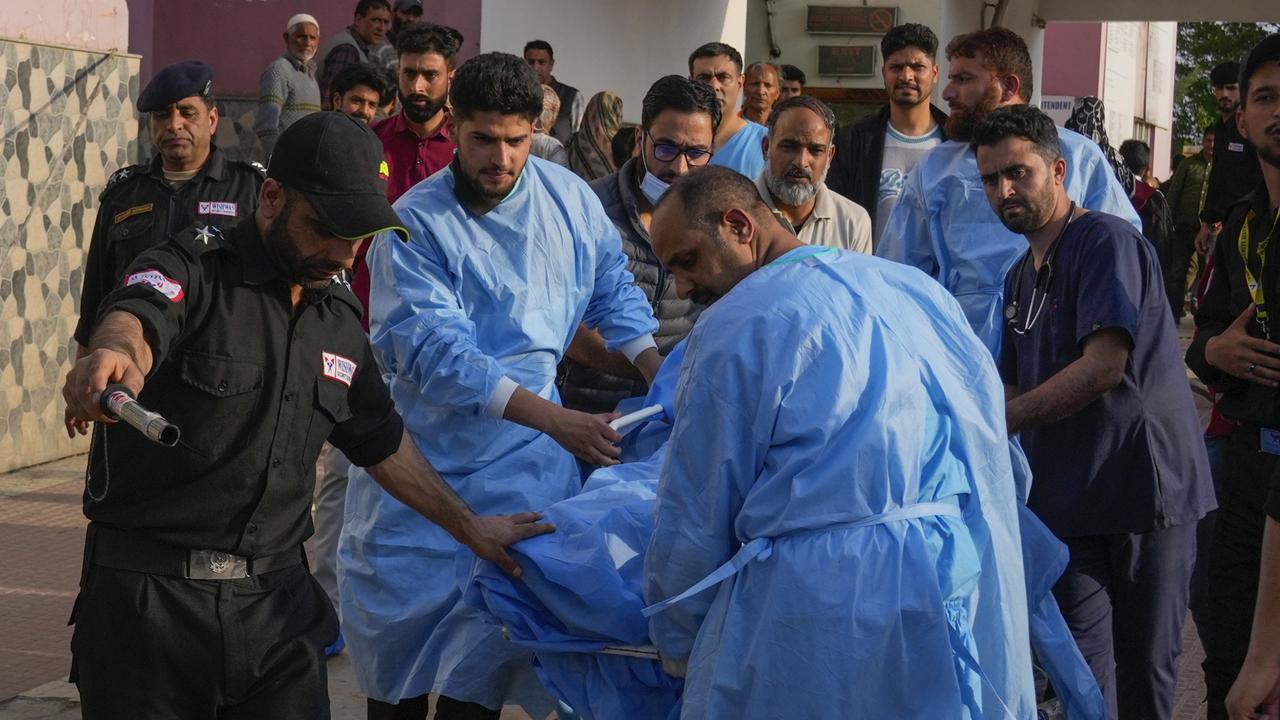
The bellicose statements have prompted worries of a rapid spiral into military action, with calls from several nations for restraint.
The US State Department said top diplomat Marco Rubio would call his Pakistani and Indian counterparts soon to urge them “to not escalate the situation”.
UN chief Antonio Guterres meanwhile held calls on Tuesday with Pakistan’s Prime Minister Shehbaz Sharif and Indian Foreign Minister Subrahmanyam Jaishankar in which he “offered his Good Offices to support de-escalation”, his spokesman said.
Mr Sharif’s office later said he had urged Mr Guterres to “counsel India” to exercise restraint, while pledging to defend Pakistan’s “sovereignty and territorial integrity with full force in case of any misadventure by India”.
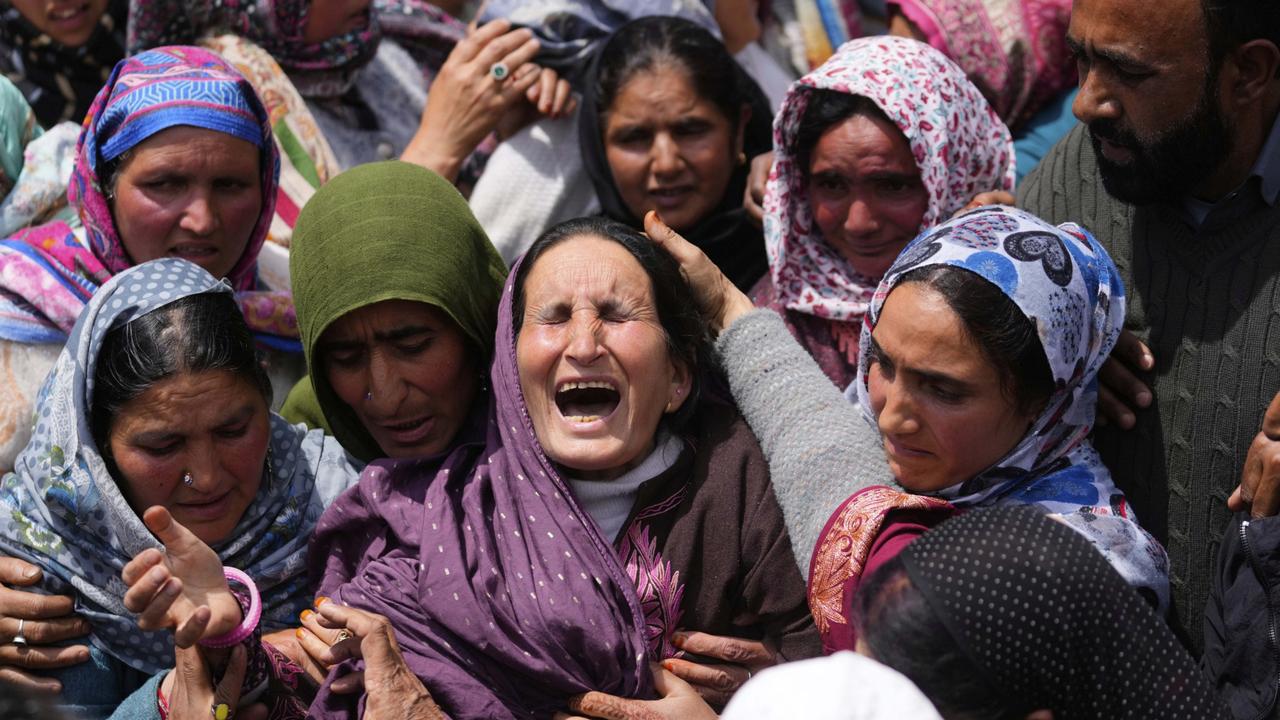
Muslim-majority Kashmir has been divided between India and Pakistan since their independence from British rule in 1947. Both claim the territory in full.
Rebels in the Indian-run area have waged an insurgency since 1989, seeking independence or a merger with Pakistan.
Indian police have issued wanted posters for three men accused of carrying out the Kashmir attack – two Pakistanis and an Indian – who they say are members of the Pakistan-based Lashkar-e-Taiba group, a UN-designated terrorist organisation.
They have announced a two million rupee ($36,770) bounty for information leading to each man’s arrest and carried out sweeping detentions seeking anyone suspected of links to the alleged killers.
The worst attack in recent years in Indian-run Kashmir was at Pulwama in 2019, when an insurgent rammed a car packed with explosives into a security forces convoy, killing 40 and wounding 35.
Indian fighter jets carried out air strikes on Pakistani territory 12 days later.
Iran has already offered to mediate and Saudi Arabia has said Riyadh was trying to “prevent an escalation”.
US President Donald Trump downplayed tensions, saying on Friday the dispute will get “figured out, one way or another”.
— with AFP






